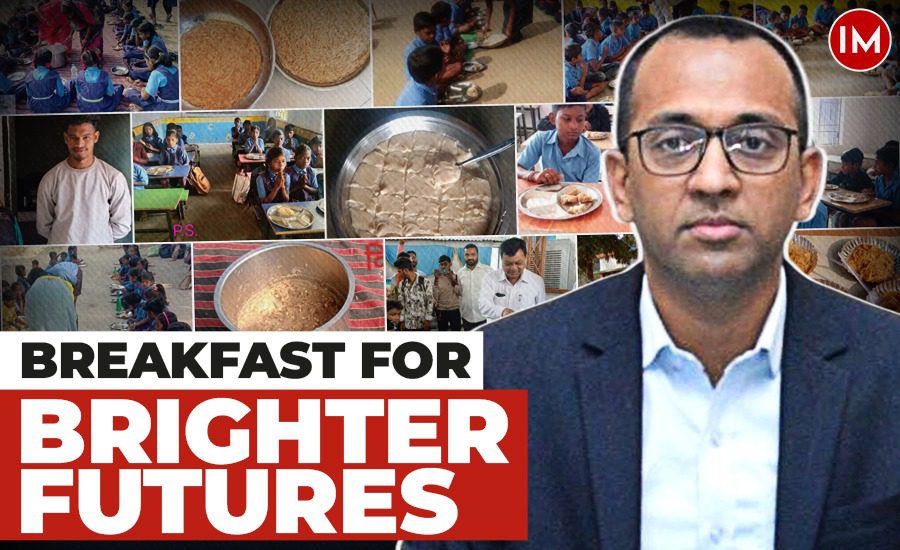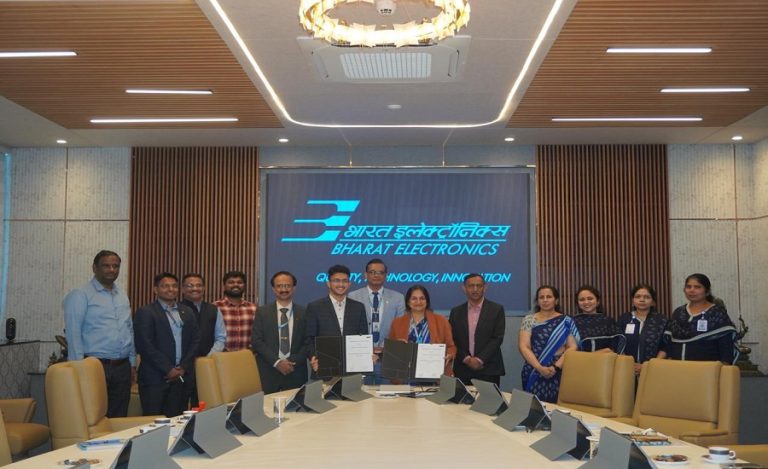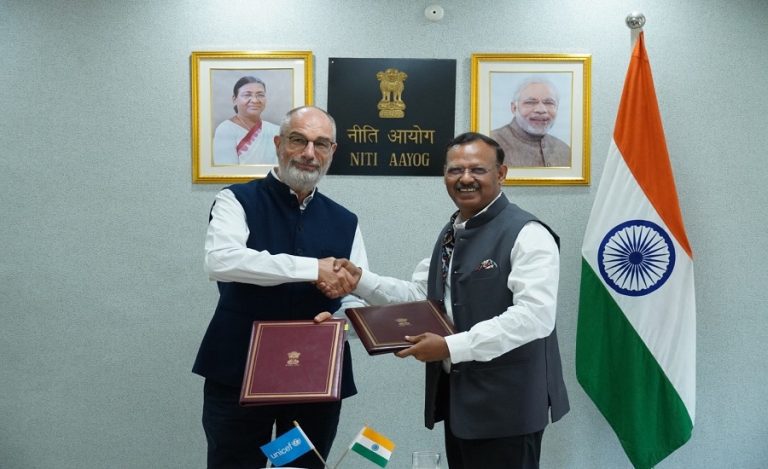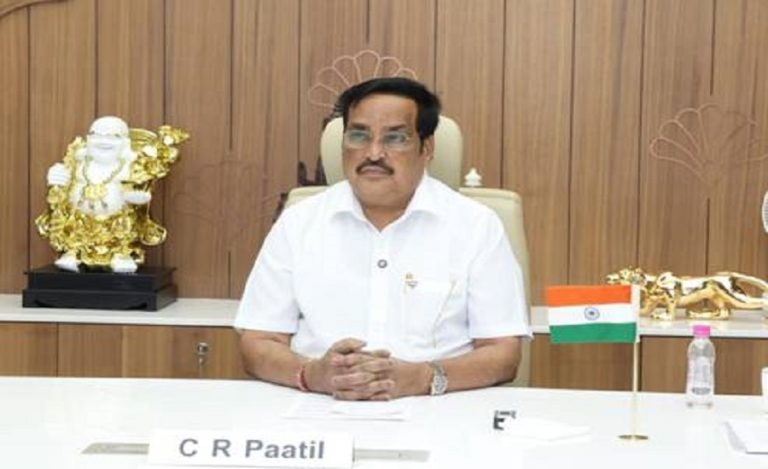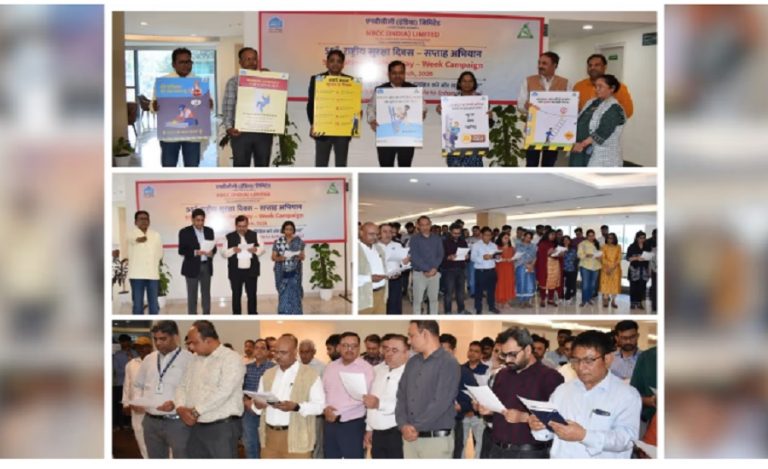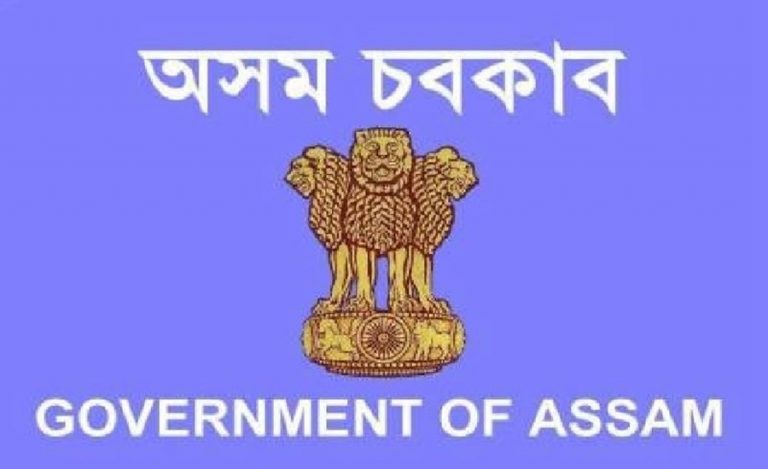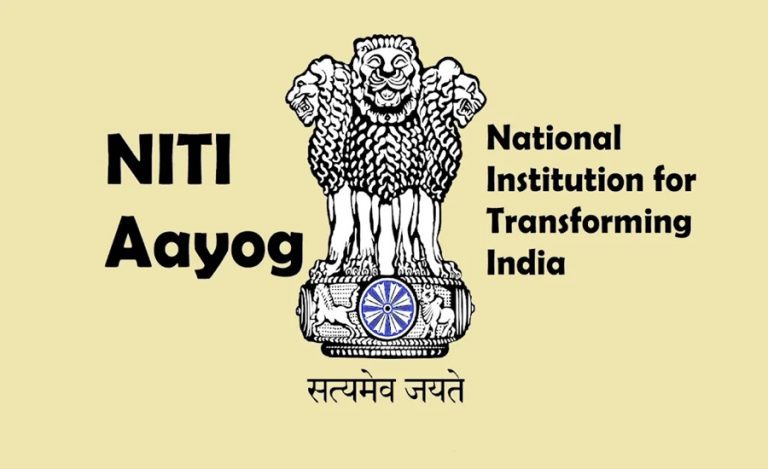Ensuring education and nutrition go hand in hand is a crucial challenge, especially in districts with significant socio-economic constraints. Korba district in Chhattisgarh is tackling this challenge head-on with an innovative breakfast initiative aimed at transforming the lives of schoolchildren. By addressing the nutritional needs of students, the district administration is fostering better attendance and learning outcomes, setting a benchmark for holistic development.
BACKGROUND AND VISION
IAS officer Ajeet Vasant, who is the District Collector of Korba (2013 batch Chhattisgarh cadre), is making significant strides in addressing the challenges faced by children from economically weaker sections. Midday meals have long been a staple of government schools in India. However, it was observed that many children in Korba were arriving at school on an empty stomach, as breakfast was often skipped due to financial constraints or the early work schedules of their parents. These children’s first meal of the day was the midday meal provided by the school. Recognising this issue, Mr. Vasant and his team conceptualised the breakfast initiative, which aligns with the provisions of the National Education Policy (NEP) 2020. The program also draws inspiration from similar successful models in Tamil Nadu and Tripura.
ROLLOUT AND IMPLEMENTATION
Initially launched in two blocks of the district, the program was expanded to all five blocks after receiving positive feedback. “Currently, it benefits 1,21,293 students across 2,045 schools in Korba. The program employs 4,136 cooks, who are paid an extra ₹800 per month for preparing the breakfast,” Mr. Vasant shared with Indian Masterminds.
The meals are prepared fresh in schools by self-help groups (SHGs), ensuring both quality and a sense of community involvement. The initiative is funded through the District Mineral Fund (DMF), with an annual expenditure of approximately ₹10 crore. As part of the program, all schools have been equipped with gas cylinders and refilling facilities, making them entirely wood-free for cooking. This not only improves efficiency but also eliminates the challenges posed by traditional wood-fired stoves, especially during the rainy season.
FOOD MENU AND COMMUNITY INVOLVEMENT
The menu is designed based on feedback from students and varies daily. It includes popular and nutritious options such as poha, halwa, puri-sabzi, bhajiya, upma, and sprouts (served on Saturdays). To ensure transparency and community engagement, the weekly menu is painted on the school walls, allowing parents and locals to stay informed.
INITIAL CHALLENGES AND SOLUTIONS
Implementing such an initiative in a geographically vast and forested district like Korba came with its challenges. Ensuring smooth operations in remote schools and monitoring the program effectively required meticulous planning. To address this, a subdivision-level monitoring mechanism was developed, with SDMs overseeing the implementation. Additionally, local stakeholders, including sarpanches and janpad members, were actively involved during the program’s inauguration to foster community ownership.
Convincing self-help groups to participate was another hurdle. “However, the localised approach of employing village-based cooks ensured a sense of accountability and ownership, as the cooks were preparing meals for children they knew personally. This has also contributed to maintaining the quality of the meals,” Mr. Vasant shared.
IMPACT AND OBSERVATIONS
In just a few months, the breakfast initiative has shown significant positive outcomes:
Improved Attendance: Schools have reported a 5-10% reduction in absenteeism.
Timely Arrival: Both students and teachers now arrive on time, as breakfast is served at 9:30 AM, before the 10:00 AM school start time.
Community Engagement: The involvement of SHGs and local leaders has strengthened the program’s acceptance and success.
“While it is too early to gauge long-term health improvements, the provision of an additional meal is expected to contribute positively to children’s overall health and academic performance in the long run,” the officer said.
FUTURE PLANS
Looking ahead, IAS Ajeet Vasant aims to further enhance the education system in Korba by addressing infrastructural gaps and filling vacant teaching posts. Over 600 teachers and 270 non-teaching staff have already been recruited to ensure smooth school operations. Plans are also underway to sanction more buildings for schools and hostels, addressing the space constraints in several institutions.
The breakfast initiative was inaugurated by Chhattisgarh’s Industry and Labour Minister, Lakhan Lal Dewangan, under the guidance of the state government.
Korba’s breakfast initiative is a commendable step towards ensuring that children receive proper nutrition and motivation to attend school regularly. Through strategic planning, community involvement, and effective execution, the district administration under IAS Ajeet Vasant is paving the way for holistic development in education and nutrition. The program serves as a replicable model for other districts aiming to address similar challenges.

